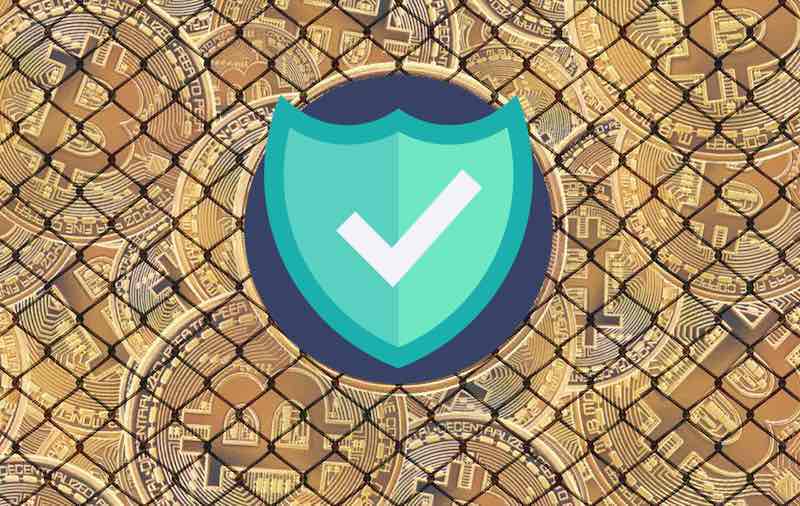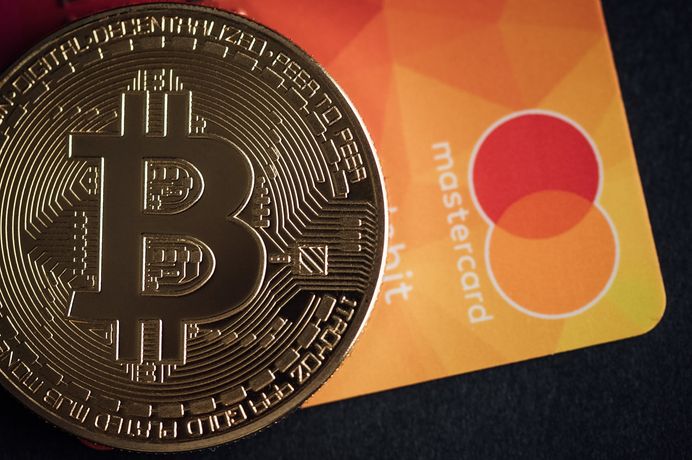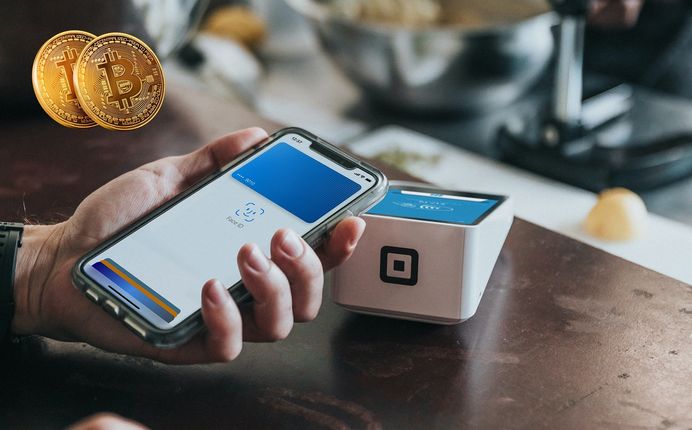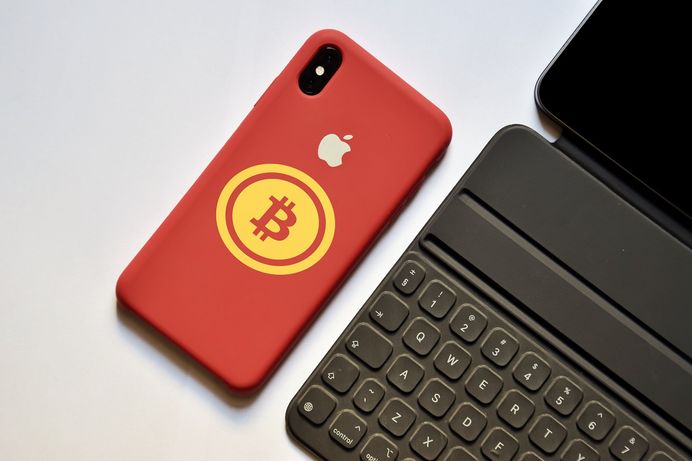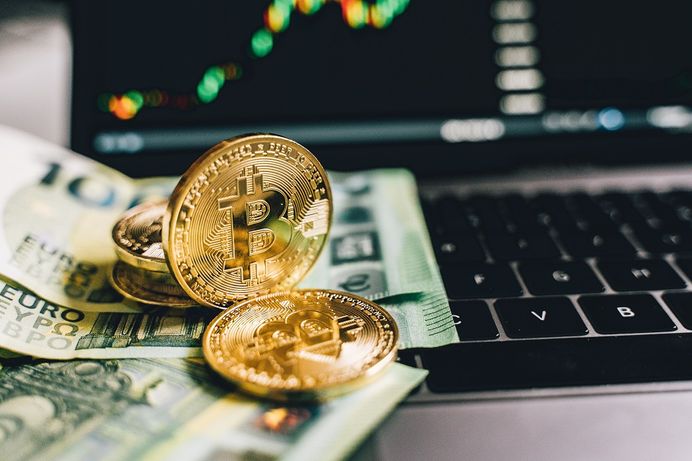Cryptocurrencies have become a huge part of everyone’s lives around the world, and they have been adopted by society in their masses. They have also gained the attention of cybercriminals who are always looking for a way to steal people’s cryptocurrency stash, and so we constantly need to be on the lookout for threats. In this article we are going to be outlining the top 10 ways that you can use to protect your cryptocurrency stash.
1. Have A Backup
Backups are incredibly important, not just for documents or pictures but for your cryptocurrencies too. It is actually common practice for many cryptocurrency investors to have multiple backups in different locations so that if one backup gets lost or destroyed then there are more elsewhere. Imagine the scenario where you have a backup somewhere in your house, and then one day everything in your house gets lost due to a fire, you can imagine the pain knowing that potentially millions of dollars worth of cryptocurrency has just been lost.
2. Use Encryption
People who use Linux already know the benefits of using secure encryption techniques to safeguard against theft. Windows or Mac users, on the other hand, aren’t so lucky because installing an encryption program is a bit more difficult, that being said, it is not an impossible task though. There are plenty of reputable encryption programs such as TrueCrypt out there that can safely protect your data.
3. Use Hardware Wallets
Hardware wallets on average offer greater protection that software wallets that are installed on your computer. Hardware wallets are physical devices that resemble USB flash drives that we can carry around, except they don’t store files or images they store your public and private keys. Popular hardware wallets like Trezor or Ledger Nano S actually store your keys in an offline state so people cannot remotely connect to the device and steal your sensitive information. Most hardware wallets are compatible with major web interfaces which makes it incredibly easy to conduct transactions without actually connecting your device to your computer.
4. Secure Your Network
Cybercriminals are some of the smartest people known to man so it comes as no shock that if you don’t put up a good defense, then you are seriously opening yourself up to attacks. Never EVER use public WiFi access points when dealing with your cryptocurrencies or for surfing the web, the integrity of a public WiFi access point cannot be confirmed and could contain nasty viruses that latch onto your system.
5. Use Tougher Passwords
Some of the worst passwords to use are: “123456”, “password”, “qwerty”, “12345678” and “iloveyou”. You are up against really smart people here, so using ridiculously weak passwords like this are useless. Instead use passwords that are a random mix of letter, numbers and special characters like “grg987dfg4e_fe5t”. This makes it incredibly difficult for hackers to gain entry to your computers.
6. Don’t Use Mobile Wallets
Forums are littered with advice from cryptocurrency traders who recommend that people keep away from using mobile wallets, as they have been on the unfortunate end of the stock when it comes to keeping cryptocurrencies safe. You won’t believe how easy it is to lose your mobile phone, and how many people actually leave it lying around, not to mention it is really to hack a mobile phone too.
7. Use Two-Factor Authentication
When signing up to cryptocurrency exchange platforms it is extremely recommended that you use two-factor authentication. It adds an extra layer of security to your account and works by requiring you to enter a 6-digit code every time you log in to the platform. Trusted apps like Google Authenticator can be used safely and securely. The theory is that even if someone managed to obtain your password, it would be useless because without the 6-digit code on your phone they won’t be able to gain access.
8. Install Antivirus Software
I don’t mean the free versions either because they often only offer low-level protection against real-world threats. For your computer to remain safe and secure you need to have real-time protection which can only be offered by antivirus packages that are constantly being updated with the latest patches. Some of the best antivirus programs are offered by the likes of Kaspersky, Norton, and Malwarebytes.
9. Watch Out For Phishing Scams
Phishing scams have accounted for a large portion of internet fraud over the past few years, with the scams becoming even more elaborate as the years go on. Distinguishing between what it is real and what isn’t has becoming a lot harder these days, that being said you should never click on something that you are not 100% sure about. Never give out your personal information to anyone that doesn’t look or sound legitimate.
10. Keep Things To Yourself
You wouldn’t make a public announcement that you had just won the lottery, for fear of being mobbed or making yourself a target for thieves. The same goes for broadcasting on social media platforms, just don’t do it.
Support us by sharing this article and Follow us on our social networks for Updates.

